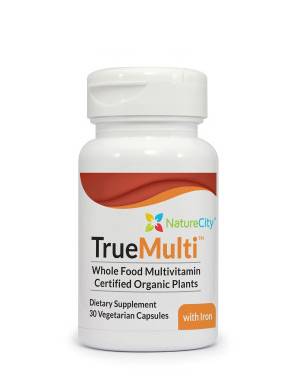12월 . 12, 2024 23:36 Back to list
Applications and Benefits of Perforated HDPE Drainage Pipes in Modern Landscaping
Understanding Perforated HDPE Pipes An Essential Component in Modern Drainage Systems
Perforated High-Density Polyethylene (HDPE) pipes have become increasingly popular in various civil engineering applications, particularly in drainage and wastewater management systems. Versatile, durable, and cost-effective, these pipes provide an efficient solution for controlling water flow and preventing flooding in urban environments. In this article, we will explore the characteristics, applications, advantages, and installation practices associated with perforated HDPE pipes.
What Are Perforated HDPE Pipes?
Perforated HDPE pipes are made from high-density polyethylene, a material known for its strength, flexibility, and resistance to corrosion. The distinguishing feature of these pipes is the series of holes or perforations along their length, which allow water and other fluids to enter and exit the pipe system. This design enables effective drainage and water management, making them suitable for various applications.
Key Characteristics of Perforated HDPE Pipes
1. Durability HDPE is resistant to environmental stressors, chemicals, and biological agents, which ensures a long life cycle for the pipes. Unlike traditional materials such as concrete and steel, HDPE is less prone to cracking and corrosion.
2. Flexibility The flexibility of HDPE allows for easy installation, particularly in challenging terrains. It can be bent and shaped to fit the specific conditions of a given site, reducing the need for extensive excavation work.
3. Lightweight Compared to conventional piping materials, HDPE pipes are lighter, making transportation and installation easier and more efficient.
4. Cost-Effectiveness While HDPE pipes may have a higher upfront cost than some alternatives, their durability and lower maintenance requirements often lead to reduced long-term expenses.
Applications of Perforated HDPE Pipes
Perforated HDPE pipes are employed in a variety of applications, including
- Drainage Systems These pipes are commonly used for French drains, which help remove excess water from soil and prevent erosion around foundations, roads, and landscaping.
- Stormwater Management They are integral to stormwater management systems, allowing for the controlled release of rainwater and reducing the risk of urban flooding
.- Agricultural Uses In agriculture, perforated HDPE pipes are used for subsurface drainage, helping to manage water levels in fields and improve crop yield.
perforated hdpe pipe

- Landfill Leachate Management In waste management, these pipes filter and control leachate, preventing contamination of surrounding soil and groundwater.
Advantages of Using Perforated HDPE Pipes
1. Enhanced Water Flow The perforated design facilitates efficient water movement, preventing waterlogging and pooling in vulnerable areas.
2. Erosion Control By directing excess water away from critical locations, these pipes mitigate the risk of soil erosion and landscape degradation.
3. Environmental Benefits The installation of HDPE drainage systems can enhance local ecosystems by promoting healthy water flow and reducing surface runoff.
4. Customizable Designs Perforated HDPE pipes can be tailored to meet specific project requirements, with variations in hole size, spacing, and pipe diameter available to suit different applications.
Installation Considerations
When installing perforated HDPE pipes, several factors must be taken into account to ensure optimal performance
- Proper Slope Pipes should be installed with a slight slope to promote efficient drainage.
- Geotextile Fabric Surrounding the pipes with geotextile fabric can prevent silt and sediment from clogging the perforations while allowing water to flow freely.
- Backfill Materials The use of suitable backfill materials, such as gravel or crushed stone, can enhance the drainage capabilities of the system.
- Maintenance While HDPE pipes require minimal maintenance, regular inspections can help identify potential issues, ensuring the longevity of the system.
Conclusion
Perforated HDPE pipes play a vital role in modern drainage and wastewater management. Their durable, flexible, and cost-effective nature makes them an ideal choice for a wide range of applications. As we continue to face challenges related to water management and urban infrastructure, the importance of utilizing advanced materials like perforated HDPE pipes will only grow. By understanding the features and benefits of these pipes, engineers, planners, and property owners can make informed decisions that support sustainable development and effective water management.
-
HDPE Natural Sheet: Durable, Food-Grade & Versatile Plastic Solutions
NewsAug.27,2025
-
Durable Glossy PVC Rigid Sheet | Premium High-Shine Panels
NewsAug.26,2025
-
Durable PP Rigid Sheet: Lightweight, Chemical Resistant Solutions
NewsAug.21,2025
-
PVC Grey Sheet for Extraction: Chemical Resistant & Durable
NewsAug.19,2025
-
Durable PVC Pipe Fittings for Plumbing & Irrigation Needs
NewsAug.18,2025
-
HDPE Steel Belt Reinforced Spiral Corrugated Pipe | High Strength
NewsAug.17,2025

